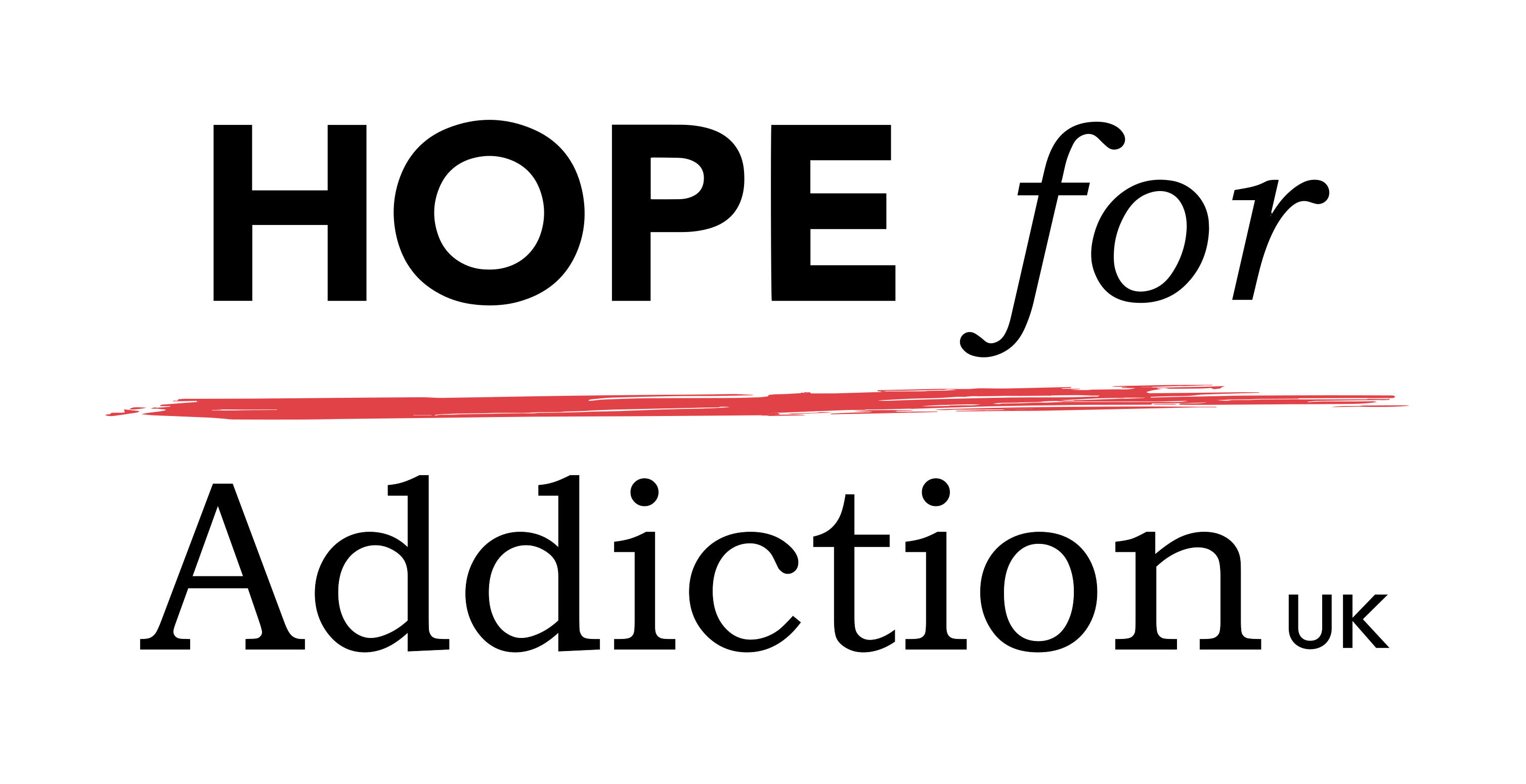It’s not often that you find yourself in an engaging conversation with a checkout operator. Perhaps I’m naïve and the guy was really just making small talk, but when I mentioned it was my day off and that I worked for an addictions ministry, his comment was: “well that’s a thankless task!” With the queue growing I didn’t have much time for comeback, but I did say: “My job never fails to surprise me. The way that a life can be turned around…. And it never fails to surprise me who comes with an addiction.”
In a recent article published in The Independent, a false narrative surrounding the UK’s addiction crisis was highlighted. It pointed out that we frequently misconstrue who we think fits the bill of an ‘addict’, and this is having a hugely detrimental effect on “individuals in denial, or those who would have sought help sooner.” The article goes on to refer to the high percentage of “functioning alcoholics” (70%), who can be found not just on the streets or in socially deprived areas. Some of the highest rates of addiction are found among people who practice law, serve in health care or who find themselves in the pressurised position of management.
Here at Hope for Addiction UK, we are not only keen to bust these false narratives, but we also want to reach people who who may not have accepted that they have an addiction. People like a senior manager of a Government agency who recognises their need to get clean and sober. People like the once high earning professional who has lost everything to substances. People like the middle-aged mother of four who still holds down a job but drinks to cope with the pressure of demands upon her? This is the reality of some of the people we work with.
But we can even go a step further, because there is another narrative that needs addressing – that our services are only for people who have no faith. The fact is that we commonly deal with Christians who find themselves spiralling into addiction. And there is a peculiar struggle for them. Often as a Christian, there can be a working assumption that “surely you can’t struggle with drink and drugs”. Therefore, you can’t be honest about you’re addiction. And therefore, you continue to hide and turn to substances, to help deal with that guilt and shame!
In Christianity Today, “The Secret Sin of Mommy Juice” highlights this growing issue and the devastating effects that alcohol in particular is having on women in church: pastor’s wives, young mothers and women going through menopause. Age, status and position are no respecters of the dangers of drinking, and the tragedy is that many across this spectrum of life are not moving quickly to find help.
This begs the question as to whether the Church may contributing to the problem? In its naivety and wrong assumptions, I think it often is. I find myself frequently face to face with a sister in Christ who is battling with substances but feels she cannot find help within the church. The church can do better to not stigmatise addiction issues, so that those with these battles do not feel like second class Christians. We must build a culture of honesty and vulnerability about the unruly sinful desires we all have. This culture of humility and care will go a long way to encourage those who need help, so that they might come out of hiding sooner not later, with their brokenness and burdens.
Perhaps you’re reading this and there is a sense of relief rushing through your mind right now, because you’ve just read that there are others just like you. Or maybe this has been uneasy reading. As you sit in church each week, there’s a niggle in the back of your head about your drinking habits.
Well, let’s get practical here. The checklist below is designed to help you weigh up the role that alcohol (or any other substance) plays in your life. If after comparing your life to the checklist, alarm bells are ringing, please reach out your hand to us at Hope for Addiction UK.
Checklist:
- You use times such as Dry January, Lent or a Christian Retreat away as an excuse to stop drinking.
- You can stop for periods of time, but you can’t stay stopped.
- Your drinking doesn’t look problematic to anyone else.
- You pivot between listening to an uneasy conscience about alcohol and deciding you’re overthinking it.
- You are increasingly preoccupied with alcohol, watching the clock for an acceptable time to drink.
- You are drinking more and more to get the desired effect.
- You are unable to put a limit on your drinking despite trying various strategies and experiments to do so.
- You are feeling strong urges or a ‘need’ to drink.
- You are failing to fulfil responsibilities at work, church or at home.
- You are continuing to drink even though you know it’s a problem.
- You are becoming less social and are withdrawing from people.
- You are becoming less committed at church.
- You have become disinterested in hobbies and find it hard to engage in new things.
- You find yourself doing things contrary to your nature when drinking.
- You are experiencing side effects of drinking.
- You have crushing feelings of guilt, shame and paranoia after a bout of drinking.
- Your family and friends have noticed there is an issue and that rubs you up the wrong way and you become defensive.

